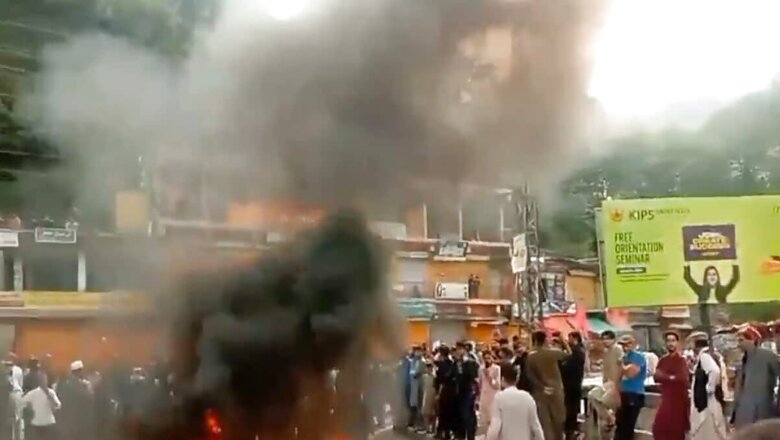
views
In the shadows of the long-standing conflict over Kashmir lies the often-overlooked region of Pakistan-occupied Jammu and Kashmir (PoJK), a territory grappling with its own intense and multifaceted struggles. Since the partition of India in 1947, PoJK has remained under Pakistan’s control, yet the promises of progress and prosperity have largely remained unfulfilled, leading to growing discontent among its people.
This article delves into the historical exploitation of the region, the current demands for freedom from Pakistan, and the role of international bodies and India in addressing the humanitarian concerns of PoJK’s residents.
Historical Exploitation and Current Discontent
Post-partition, PoJK became a strategic point rather than a region to be developed by Pakistan. Rich in natural resources and potential revenue from tourism, it was seen as a reservoir to be tapped rather than a community to be nurtured. The benefits of these resources have consistently flowed outwards, primarily enriching Pakistan’s heartland, especially Punjab, while leaving PoJK in a state of socio-economic stagnation.
Infrastructure development has lagged dramatically behind the rest of the country, and investments in local education and healthcare are sorely lacking. The local populace views these disparities as systemic exploitation, where their homeland serves the interests of the powerful elite rather than their own community’s needs.
Spark of the Current Uprising
The ongoing discontent has recently transformed into outright demands for freedom. The catalysts for these demands are manifold. Primarily, there is a significant sentiment among the people of PoJK that aligning with India could lead to better economic opportunities and more substantial political representation. This sentiment has been further inflamed by the direct contrast between the development seen in the Indian-administered parts of Jammu and Kashmir, particularly after recent legislative changes, and the stagnation in PoJK.
Reports from the ground indicate that large-scale protests are being organised, with people from all walks of life joining in to demand their right to self-determination—a right promised but never realised under Pakistani governance. The response from the Pakistani military and the Pakistan Rangers has been harsh, with reports of crackdowns, arbitrary detentions, and suppression of peaceful protests.
International Perspective and the Role of India
The international community has largely remained silent on the issues faced by PoJK, often overshadowed by the broader Indo-Pak tensions over the Kashmir region. However, the rising human rights violations call for a concerted international response. Organisations such as the United Nations, Amnesty International, and Human Rights Watch must step forward to document these abuses and hold the Pakistani authorities accountable.
Furthermore, India, which has historically claimed the entire Kashmir region as its integral part, including PoJK, has a pivotal role to play. New Delhi’s approach should be twofold: diplomatically advocating for the rights of PoJK’s residents in international forums and providing support to the ethnic populations facing repression. This support should not only be moral but also practical, providing asylum and humanitarian aid to those fleeing persecution.
Conclusion
The plight of PoJK is not just a regional issue but a significant test of the international community’s resolve in upholding human rights and democratic principles. As the people of PoJK brave the streets in their quest for freedom, their voices mustn’t be silenced by the harsh tactics of the Pakistan Army and Pakistan Rangers.
International organisations, along with India, must work together to ensure that the ethnic population of PoJK is protected from further punishment and that their demands for a fair and free existence are recognised and supported. Only through such concerted efforts can we hope to see a resolution to the long-neglected crisis in PoJK, bringing peace and prosperity to its deserving people.
Group Capt MJ Augustine Vinod VSM (retd) tweets at @mjavinod. Views expressed in the above piece are personal and solely that of the author. They do not necessarily reflect News18’s views.













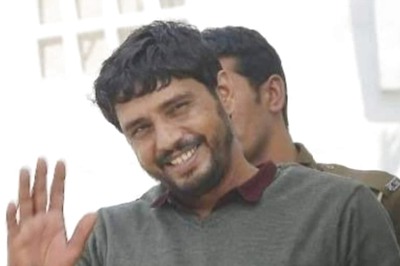
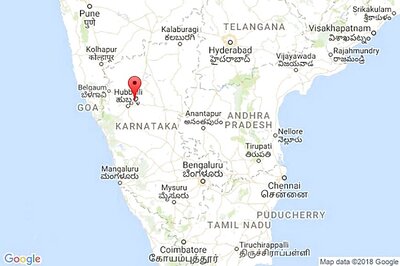

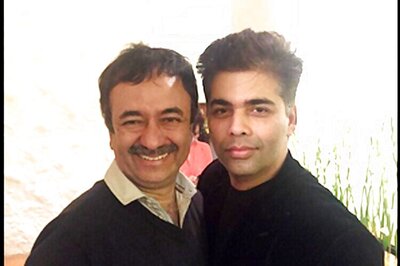
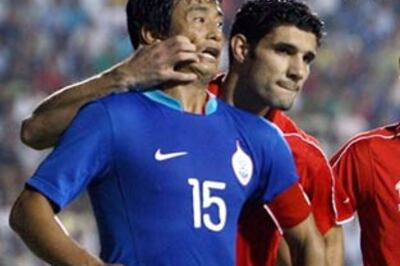
Comments
0 comment